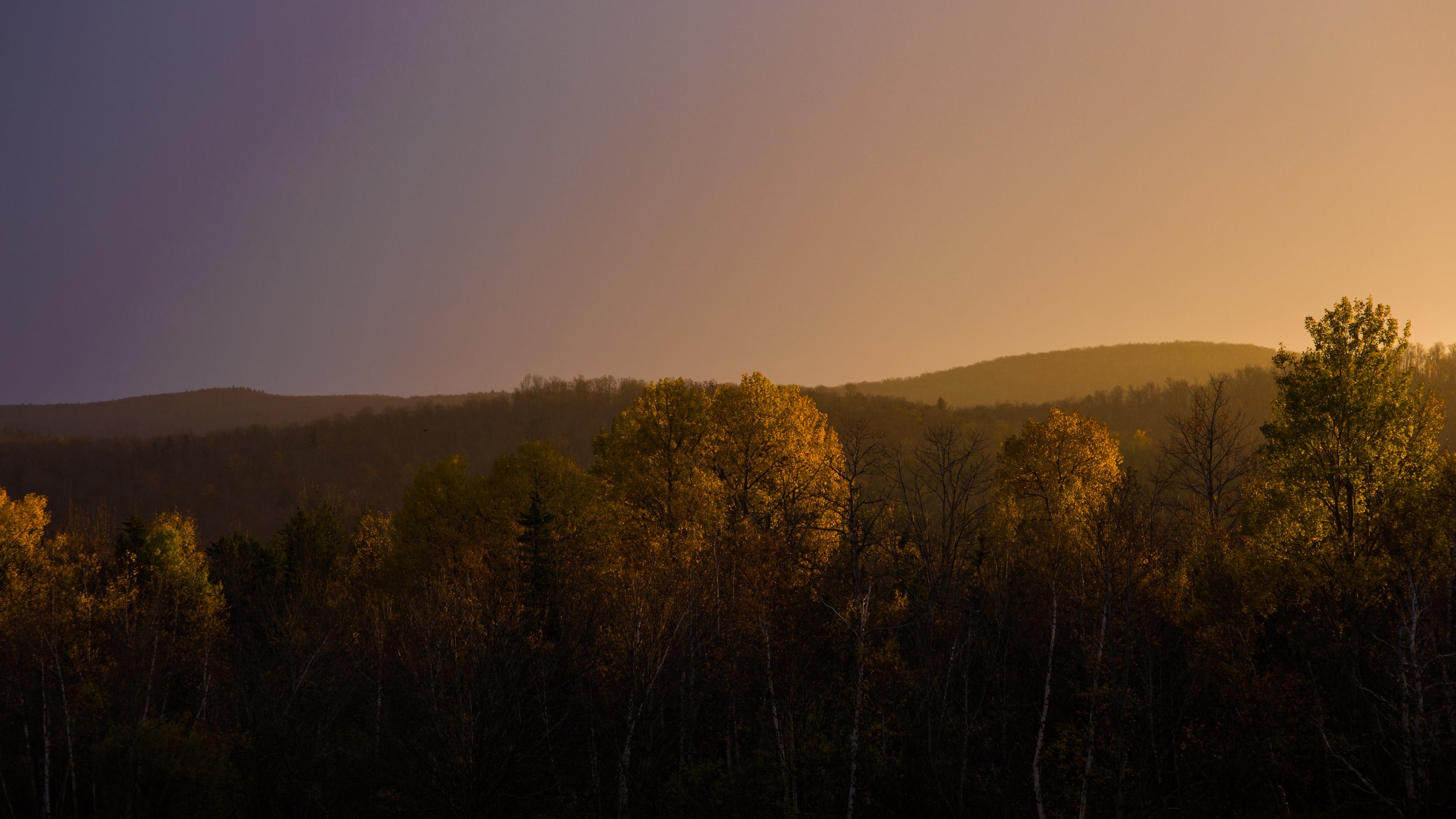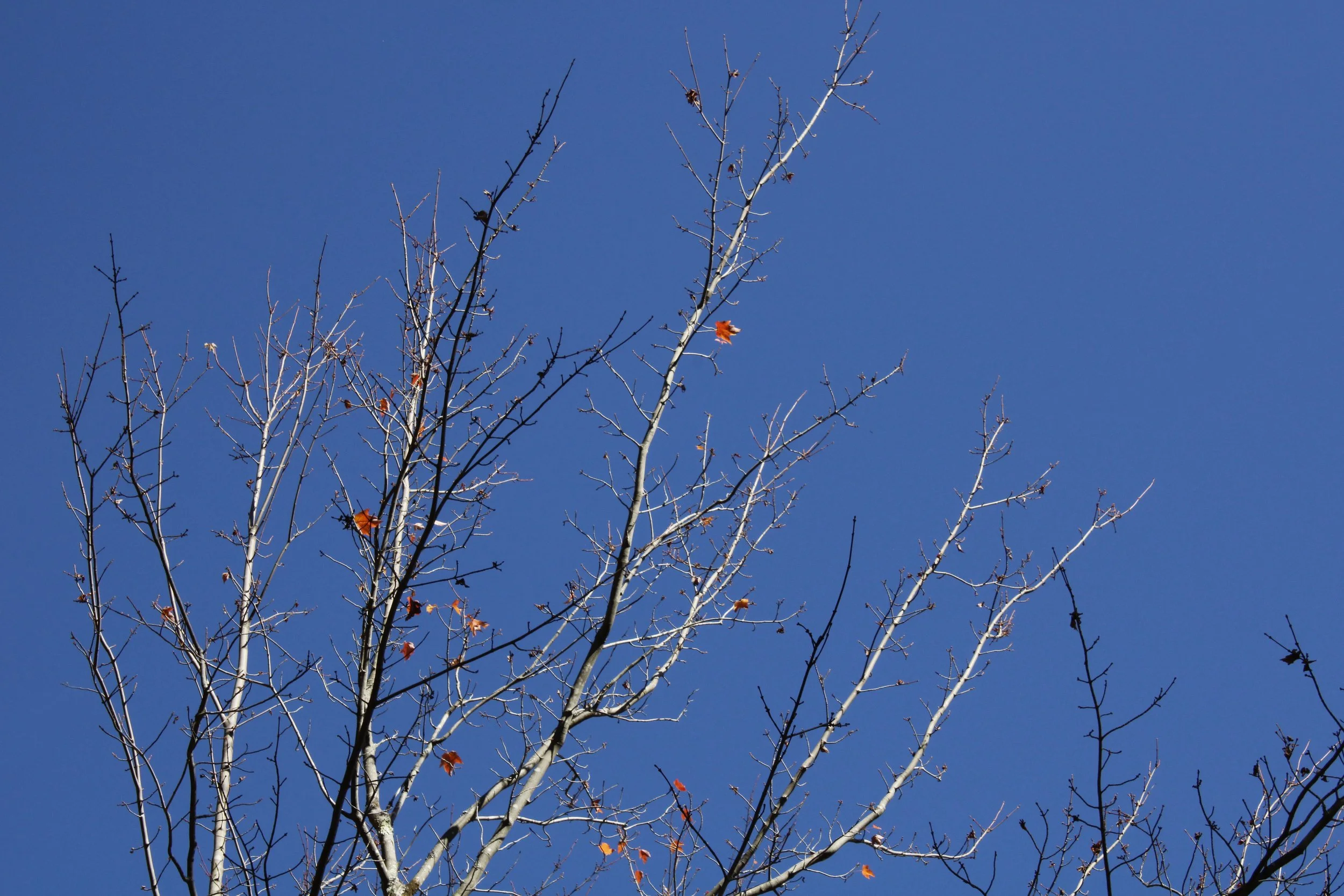
Issues and Concerns
The Absence of Public Input and Regulation
Negative Impacts for the Many to Provide “Private Benefit to Few”
The exponential increase in private air travel in Vermont in recent years has come with very little oversight or consultation with the public. Airspace – like water – is a common and shared public resource, and is not solely a matter of land use or private property. However, current layers of town, state and federal law often leave communities impacted by private air travel without a say over their air commons.
“Vermont statute provides for a three-pronged approach to permitting Restricted Landing Areas (RLA): 1) the local municipality reviews land use, 2) the State via the Transportation Board reviews ground-related safety to determine if aircraft can take-off and land safely, and 3) the Feds review the overarching airspace to ensure safety once the aircraft is airborne. The [Transportation] Board also has statutory authority to determine if the proposed RLA ‘serves the public interest,’ although such interest is not well defined. As a result, the state’s authority is limited mainly to safety issues regarding take-off and landing, and anything that relates to them.”
Letter from John Zicconi, Executive Secretary, State Transportation Board to Any Alling, North Hero Planning Commission. December 6, 2021
Air travel linked to private airstrips and helipads provides a few people with enjoyment or convenience – but the cost for the majority is high. It is a zero sum game. The very things that air travel destroys are highly valued in rural Vermont, including peace, quiet, privacy, safety and a healthy natural environment.
Towns and communities are extremely vulnerable to the imposition of private landing areas located randomly, and wherever an applicant happens to own a property. With the current absence of regulation in most towns, multiple private landing areas could legally be spread across towns, creating a massive impact on the character of a community, quality of life, and environment. Do we want our airspace to become the next freeway in the sky?
© Gabriela Alvarez
Most towns in Vermont have not zoned areas appropriate for private landing areas, or addressed whether they want private air travel in the first place. They have not convened public meetings to deliberate and vote on these issues as a community, and instead are placed in an entirely reactive, and unprepared position. The result is conflict and division, and landing areas proposed in inappropriate or unwelcome locations largely unsupported by the community. As the State Transportation Board put it:
“... Given this regulatory structure, if the host municipality has no policy language in its adopted plan or no established regulatory mechanism, such as zoning bylaws that deal with aviation or a stand-alone municipal bylaw that deals with aviation, land-use issues and neighborhood concerns go unchecked.”
Permitting Helipads and Airstrips. State of Vermont Transportation Board, 2021
In 2021, the State of Vermont Transportation Board sent a letter to municipalities advising them to incorporate private helipads and airstrips in their regulations: “... in the vast majority of cases that come before the Board, the host city or town has no regulatory mechanism to review such applications. In these cases, court guidance tells us the State must accept the application and proceed as if municipal approval has been granted. While this allows the application to proceed, it essentially shorts the permit process because the Transportation Board has no authority to review land use. This means that private helipads and airstrips often gain approval without any kind of local process that determines whether the proposed location is compatible with the surrounding area… The Board has seen too many examples of Vermont communities being caught off guard when application for a Restricted Landing Area is made and witnessed the shock local residents have when they learn the municipality has no way to determine for itself if such a facility is appropriate for their community”
Permitting Helipads and Airstrips. State of Vermont Transportation Board, 2021
An outreach effort from the state or regional planning commissions did not accompany the letter, however, and most towns today have yet to deal with this issue.
© Gabriela Alvarez
A snapshot of some of the private airstrip and helipad conflicts and concerns around Vermont in recent years include:
“I ask myself this one question, “why would the DRB [of Lincoln] approve something they will have no control over once complete.” The applicant and his lawyers have repeatedly told the ZBA and the DRB that air operations (rules, regulations, violations) associated with this proposed airstrip are the direct responsibility of the State Department of Transportation, the FAA and other Federal transportation related departments. Think about that, what does “no control” mean. No matter what happens at the airstrip or who is involved, the town of Lincoln (and that means the people of Lincoln) have no say, no operational control, no jurisdiction, no ability to effect change or to even site grounds to terminate the permit once approved. Think about it, no control but what about responsibility for and to the people of Lincoln.
Michael O’Connor, Retired Lt. Col in the Marine Corps with 22 years of service, a Naval Flight Officer in the Marine Corps and have flown backseat in the F-4 Phantom as a Radar Intercept Officer (RIO) and as a Weapons and Sensors Officer (WSO) in the F-18D Hornet.
In North Hero, in 2018 dozens of town residents opposed a private airstrip application, leading to its withdrawal by applicants. However, in order to ensure the town is protected from future private land areas, this year at town meeting residents will vote on whether to prohibit private landing strips and helipads altogether.
"I'm a firm believer in, if you've got a bunch of land, you should be able to do whatever you want with it. Firm believer! But you gotta take into consideration how it's going to affect your neighbors."
Cleared for Takeoff? Airstrip Proposal Rattles North Hero Residents. Debbie Bumgardner, North Hero, Seven Days, 2018
“A recent decision by the town of Lincoln to permit a “restricted landing area” for aircraft on a private residential property has drawn criticism from neighbors and other residents who believe the permit application should have undergone public review… It is our request that the town of Lincoln revoke approval of the permit until a public notification and meeting process has been undertaken, impacts on the community and the environment are studied, safety concerns addressed, and a town-wide vote is held on whether to allow private airstrips in our rural community,” wrote Marilyn Ganahl in an April 1 letter to the town explaining her appeal of the permit. Two dozen Lincoln residents also signed the letter.” Concerns expressed in the April 1 letter include:
noise pollution, invasion of privacy and light pollution.
impacts of aircraft on wildlife, pets and domestic animals.
environmental impacts of building and maintaining the airstrip.
a “wholly inadequate and confusing” permitting process.
lack of clarity around what types of aircraft would be permitted.
Proposed Lincoln airstrip sparks debate. Addison Independent, 2022
Lifelong Lincoln resident Stephanie Atkins, whose property abuts Clark’s [the private airstrip applicant in Lincoln], asked Clark whether he would be flying at about 500 feet over her property as he comes in for landings. He confirmed that he would. “So that directly affects us,” Atkins said. “We have a farm. We have animals.”
Lincoln residents offer feedback on Beta Technologies founder Kyle Clark’s plans to build an airstrip at his house. VT Digger, 2022
Once a permit for a private landing area and helipad are issued, towns have no say over frequency and hours of flights, or types of aircraft used. “Citing recent conflicts and complaints arising from the aircraft use that had been approved for another Lincoln resident, Commissioner Sally Taylor lamented that Lincoln has “no control at all” over the comings and goings of helicopters [in another part of town]. Someone had brought it up with the selectboard, Taylor said, but the selectboard said there was nothing it could do. “There’s nothing on the books,” Taylor said, “We can’t prevent it.”
Proposed Lincoln airstrip sparks debate. Addison Independent, 2022
In response to growing concerns across Vermont about citizens’ limited say over increased airspace use, and permit applications for private landing areas and helipads, a few towns have responded proactively. For example, in March 2022 Shaftsbury amended their Zoning By Laws and Land use Regulations to state that “Private landing strips and helipads are prohibited in the Town of Shaftsbury”
Transportation Board Aviation Rules. Letter by the Executive Secretary, Vermont Transportation Board.

